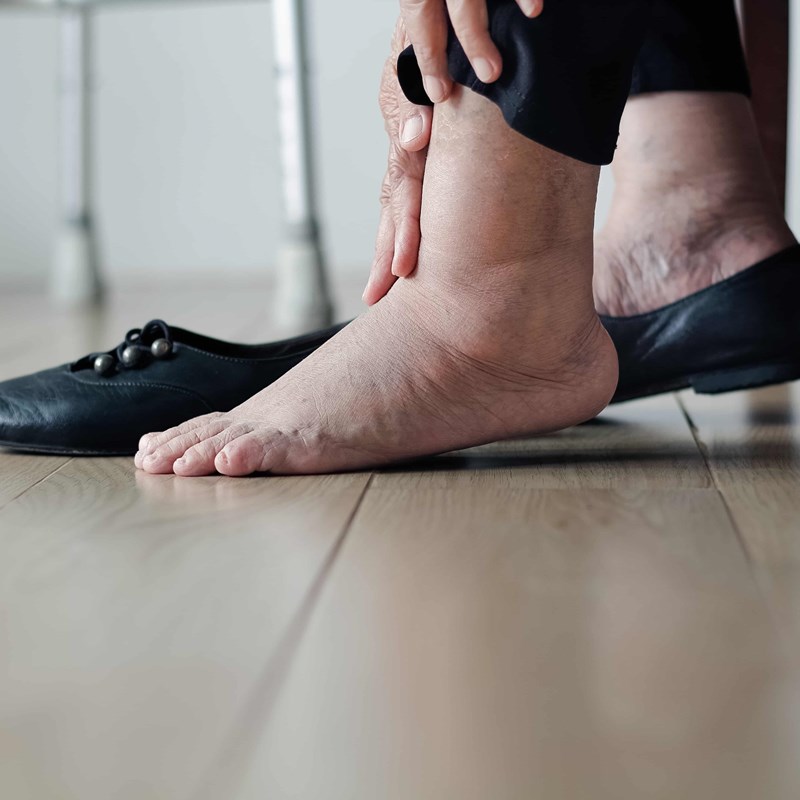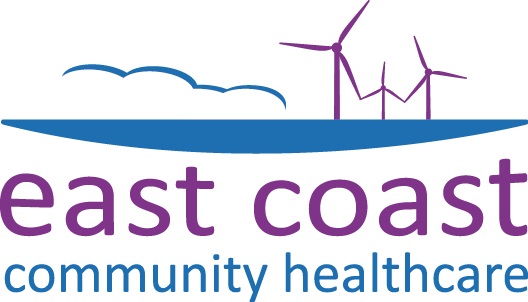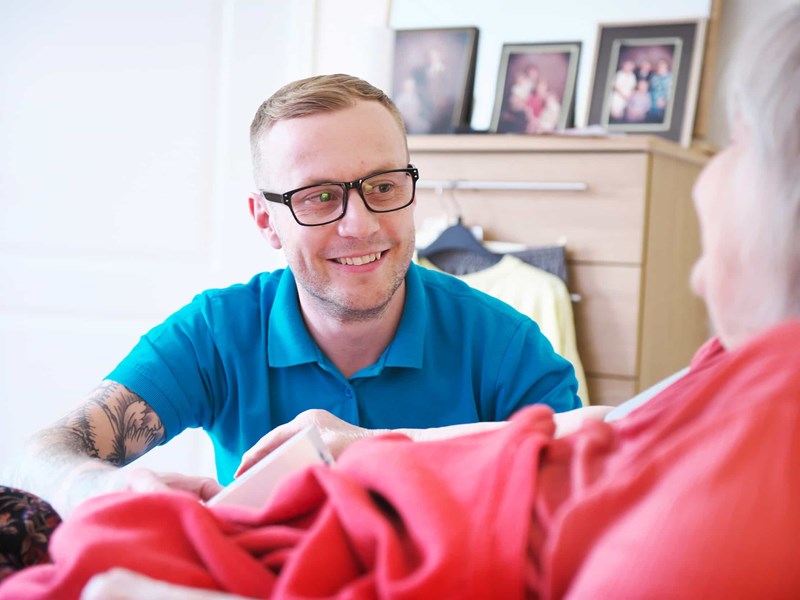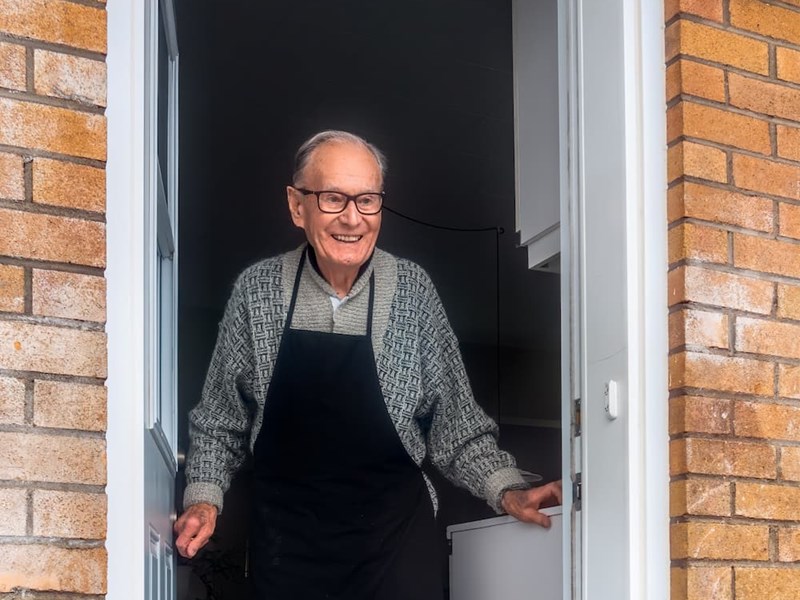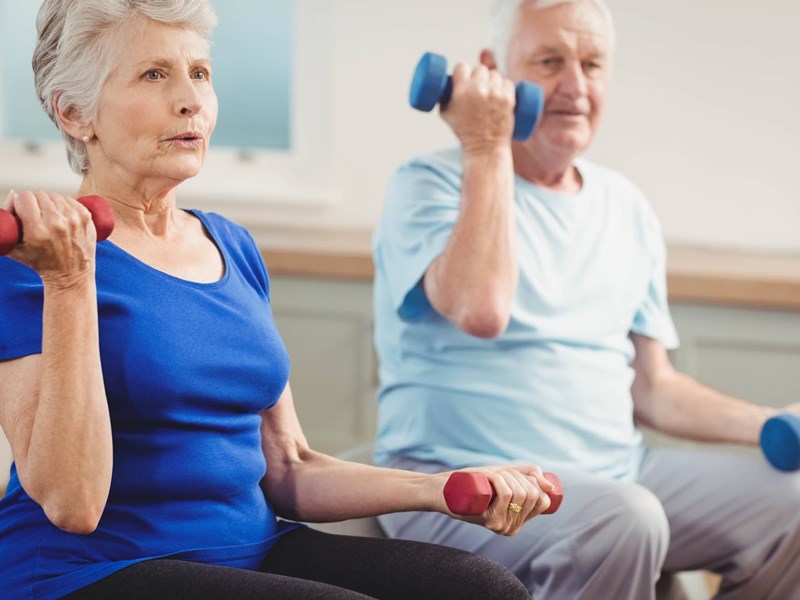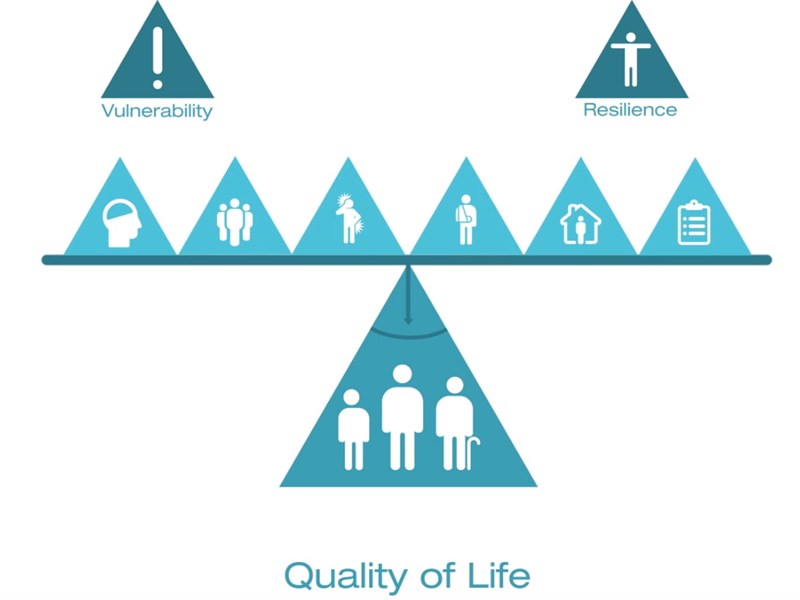Here is some information on what 'frailty' means and how we can help ourselves, or a family member to manage the condition.
How does frailty affect my health?
Frailty is a term to describe how our bodies gradually lose their in-built reserves, leaving us vulnerable to dramatic, sudden changes in health, triggered by seemingly small events like a minor infection or a change in medication or environment. Think of it like a see saw - we are trying to keep it balanced.
What you can do
Eat well and stay hydrated
Eating well and making sure you drink enough is very important to stay healthy. Bones need calcium and muscles need protein, if not they weaken more quickly than is associated with the normal ageing process. Fruits and vegetables provide us with fibre, vitamins and minerals which support so many body functions. Many ready meals can be convenient, but often do not provide enough key nutrients so do try to eat as best as you possibly can.
Dehydration is very common among older adults. We understand that some of our patients have to wait for carers to visit to help them to the toilet – so they drink less to make sure they can hang on. Dehydration can cause confusion, tiredness, loss of concentration or dizziness, which can cause falls. It can contribute to constipation, which is uncomfortable or can be linked to water infections – both of these can result in hospital stays if they are not caught and treated quickly.
Try to make sure you drink 1.5 litres of water a day, which is 6 to 8 large glasses or 6 to 8 standard mugs of tea or coffee. It is great to drink as much water as possible as this is sugar free and best for hydration but diluted sugar free squash is a good alternative.
Medications and medications reviews
Modern medicine offers many different drug treatments to help manage different conditions. Problems can arise when the number of medications taken increases over time; side effects from each drug can start to react together and contribute to you feeling unwell. A medication review will double-check that your medicines are working for you and not against you. You may also be able to supplement your diet with Vitamin D, preferably with a combination of calcium, which contributes to the strengthening of bones.

Friendships and socialising
Talking to people, feeling part of a community and maintaining friendships is an important part of being human. Having regular connections can help keep our brains healthy and promotes good mental health. This can be as simple as a conversation over the phone or at the supermarket, to attending a social group such as quizzes or arts and crafts - the list is endless. If you have difficulty getting out of the house, there are organisations that can help with transport. If you feel isolated, speak to your GP in the first instance and they may be able to put you in touch with a community link worker.
There are lots of organisations locally that can help if you are feeling a little out of the loop.
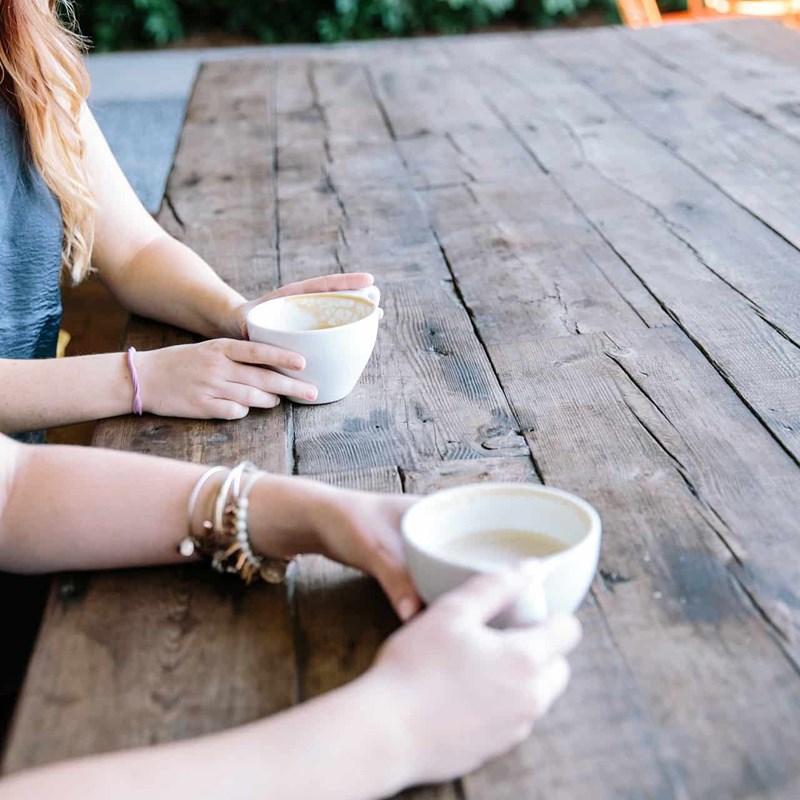
Exercise - use it or lose it
Keeping your body moving as much as possible is so important to maintaining independence. Your body can learn new movement patterns and gain in strength, even for those who are hitting their 100th birthdays. Being able to move helps keep joints working, helps to prevent pressures sores from developing and protects the muscle strength that you have. Exercise helps to keep your heart strong, improves the way that you breathe and keeps your brain working – all important to keeping you as healthy as possible.
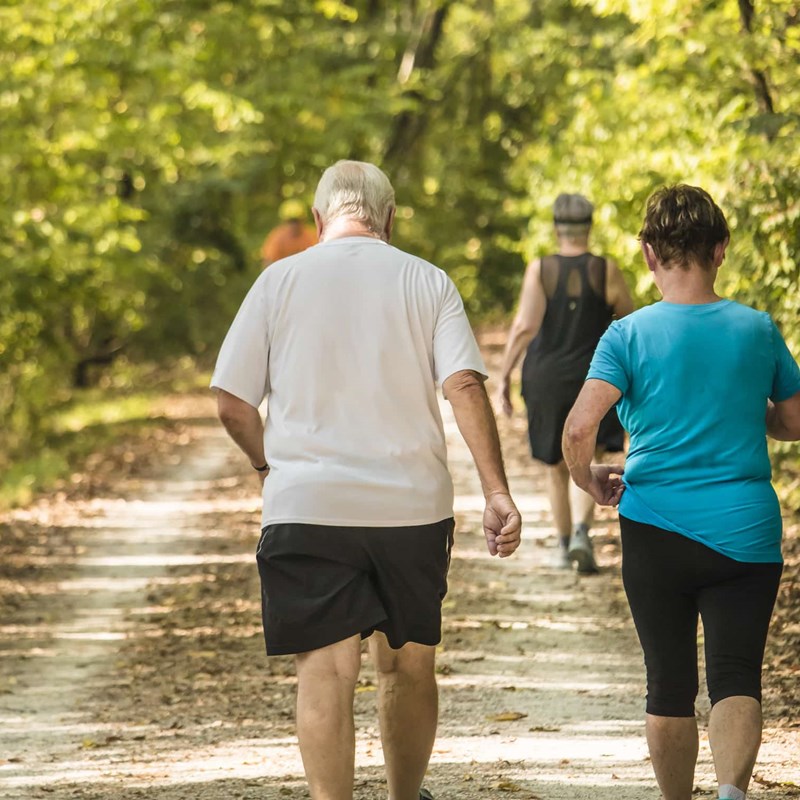
Look after your feet!
Painful or sore feet can lead to reduced mobility. Wash feet often and use a special foot moistening cream to treat hard skin. Keep them warm in fluffy bed socks or stockings. Wear well-fitting slippers/shoes when walking to prevent slips/trips or falls. A lace-up or velcro fastening shoe will give more support than a slip-on.
